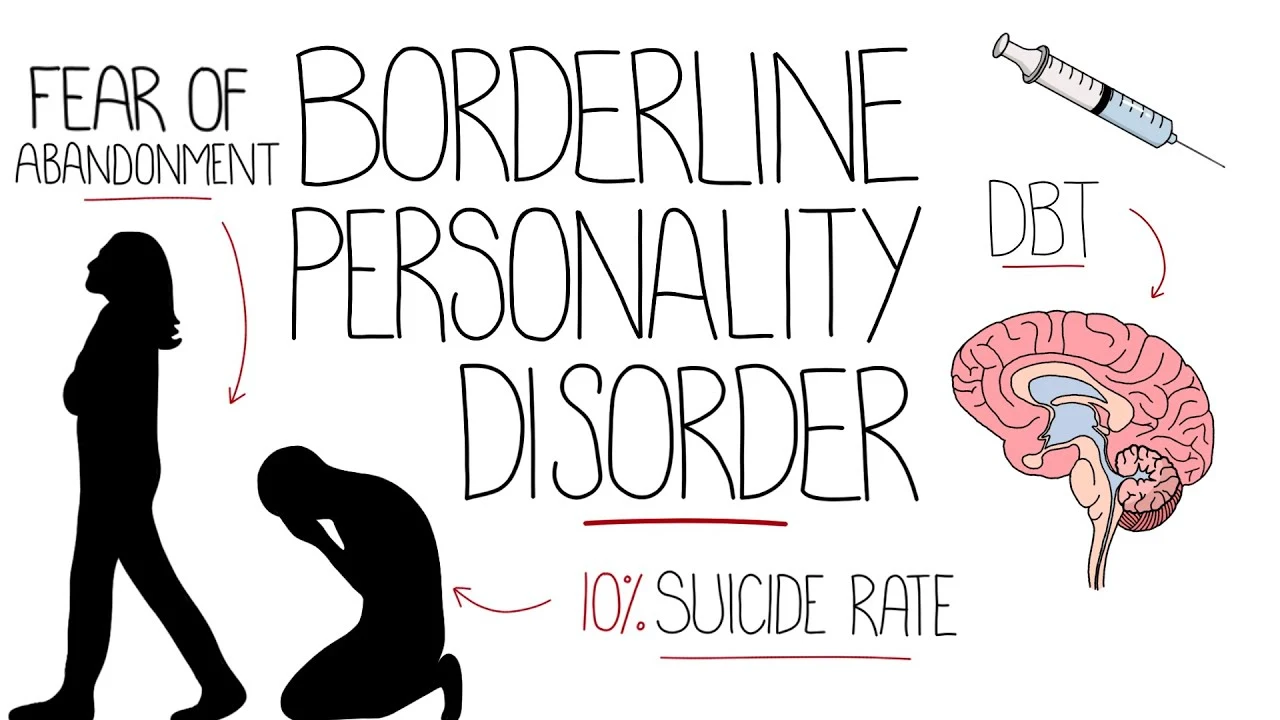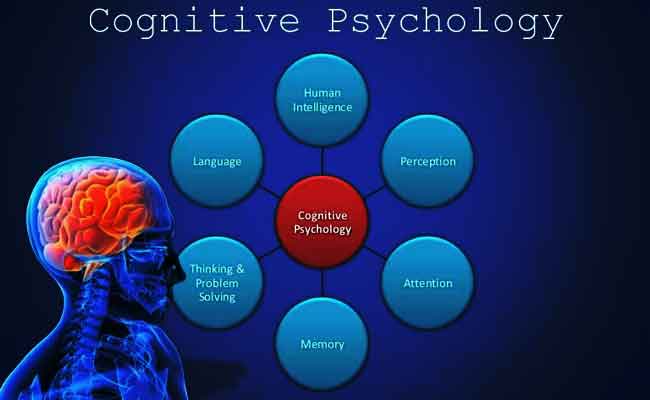Understanding Narcissistic Personality Disorder: Unraveling the Depths of Self-Obsession
Introduction: Narcissistic Personality Disorder (NPD) is a complex mental health condition characterized by an exaggerated sense of self-importance, a constant need for admiration, and a lack of empathy towards others. This article aims to shed light on the various aspects of NPD, including its symptoms, causes, and potential treatment options, to foster a better understanding of this challenging disorder.
- The Spectrum of Narcissism: NPD exists on a spectrum, ranging from mild to severe. Individuals with NPD exhibit grandiosity, a deep-seated belief in their superiority, and an insatiable desire for attention. They often display arrogance, exploit others for personal gain, and struggle to maintain healthy relationships. However, it is important to distinguish between healthy self-confidence and pathological narcissism.
- Symptoms and Diagnostic Criteria: To diagnose NPD, mental health professionals rely on specific criteria outlined in the Diagnostic and Statistical Manual of Mental Disorders (DSM-5). These criteria include a pattern of grandiosity, a constant need for admiration, a lack of empathy, entitlement, and a tendency to exploit others. Individuals with NPD often exhibit fragile self-esteem and are hypersensitive to criticism or perceived slights.
- Origins and Causes: The causes of NPD are multifaceted and can stem from a combination of genetic, environmental, and psychological factors. Some theories suggest that childhood experiences, such as excessive pampering or neglect, may contribute to the development of NPD. Additionally, a genetic predisposition and certain neurobiological factors may play a role in the manifestation of this disorder.
- Impact on Relationships: Individuals with NPD often struggle to form and maintain healthy relationships due to their self-centered nature and lack of empathy. They may exploit and manipulate others to fulfill their own needs, leading to strained personal and professional connections. The emotional toll on partners, family members, and friends can be profound, as they often endure emotional abuse and constant devaluation.
- Co-occurring Disorders: NPD is frequently accompanied by other mental health conditions, such as depression, anxiety disorders, and substance abuse. These co-occurring disorders can complicate the diagnosis and treatment process, making it essential for a comprehensive approach that addresses all aspects of the individual’s mental well-being.
- Treatment Options: Treating NPD can be challenging, as individuals with the disorder often lack insight into their own behavior. Therapy, particularly psychotherapy approaches like cognitive-behavioral therapy (CBT) and psychodynamic therapy, can be beneficial in helping individuals with NPD develop healthier coping mechanisms, improve self-awareness, and enhance their interpersonal skills. Medication may be prescribed to address co-occurring conditions.
- Support for Loved Ones: Family and friends of individuals with NPD often require support themselves. Psychoeducation, individual therapy, and support groups can provide essential guidance, validation, and coping strategies to help navigate the challenges of interacting with someone with NPD.
Conclusion: Narcissistic Personality Disorder is a complex mental health condition characterized by self-centeredness, a lack of empathy, and an overwhelming need for admiration. Understanding the symptoms, causes, and treatment options for NPD is crucial in promoting empathy, compassion, and effective support for individuals affected by this disorder. By fostering awareness and seeking appropriate help, we can contribute to the well-being of those grappling with NPD and the people around them.
![]()





